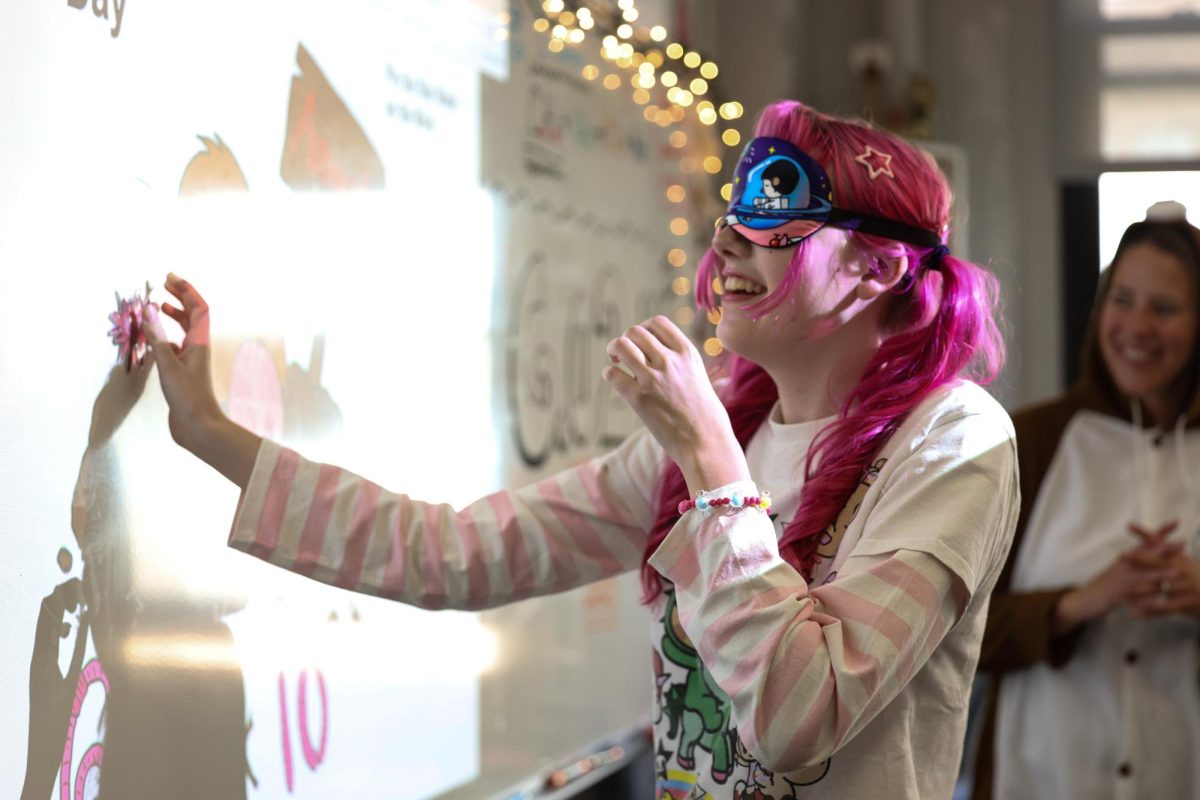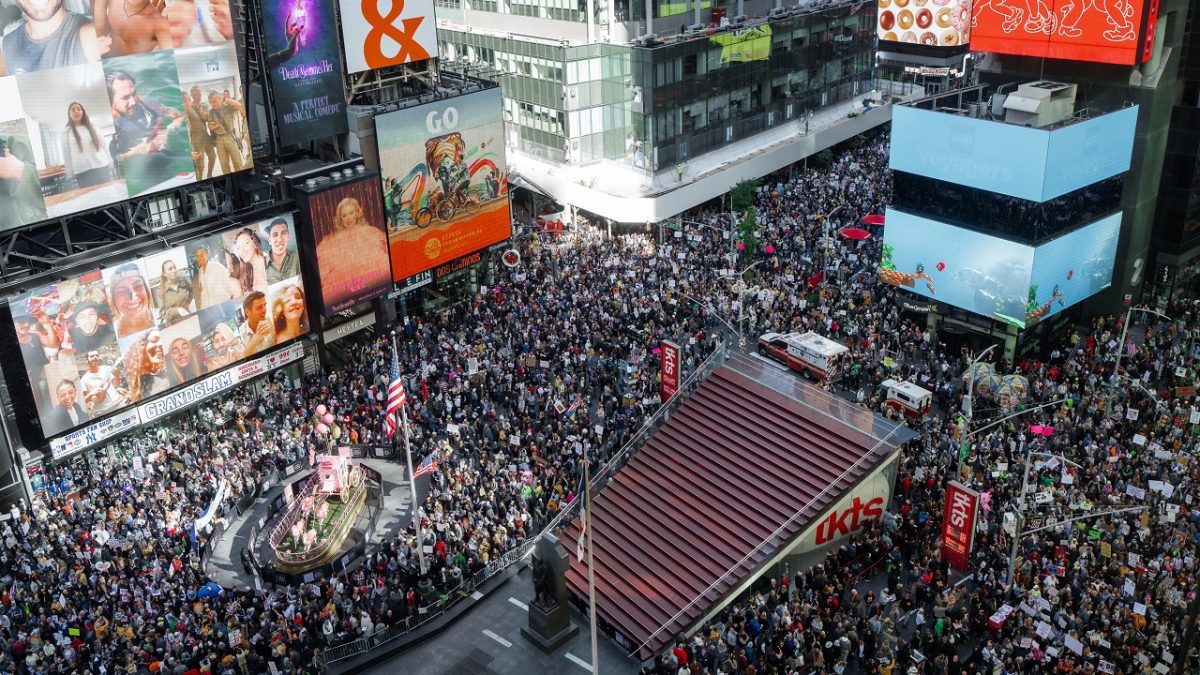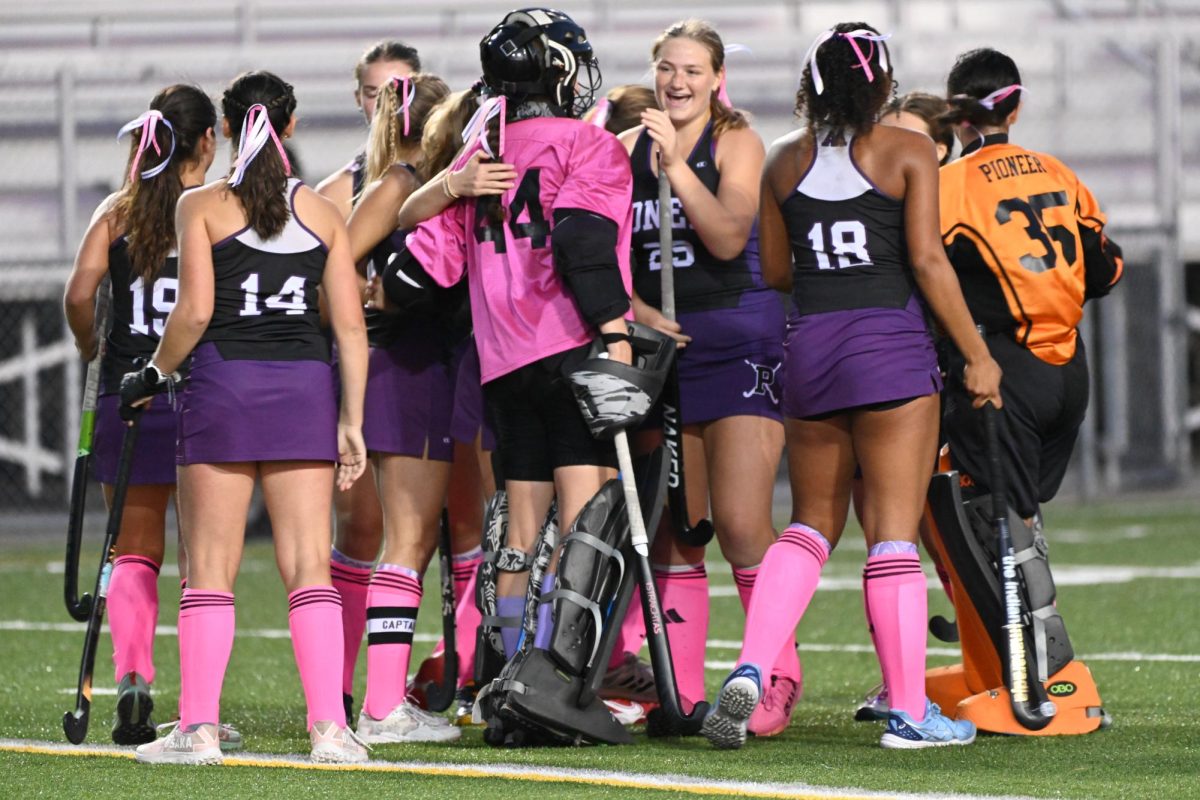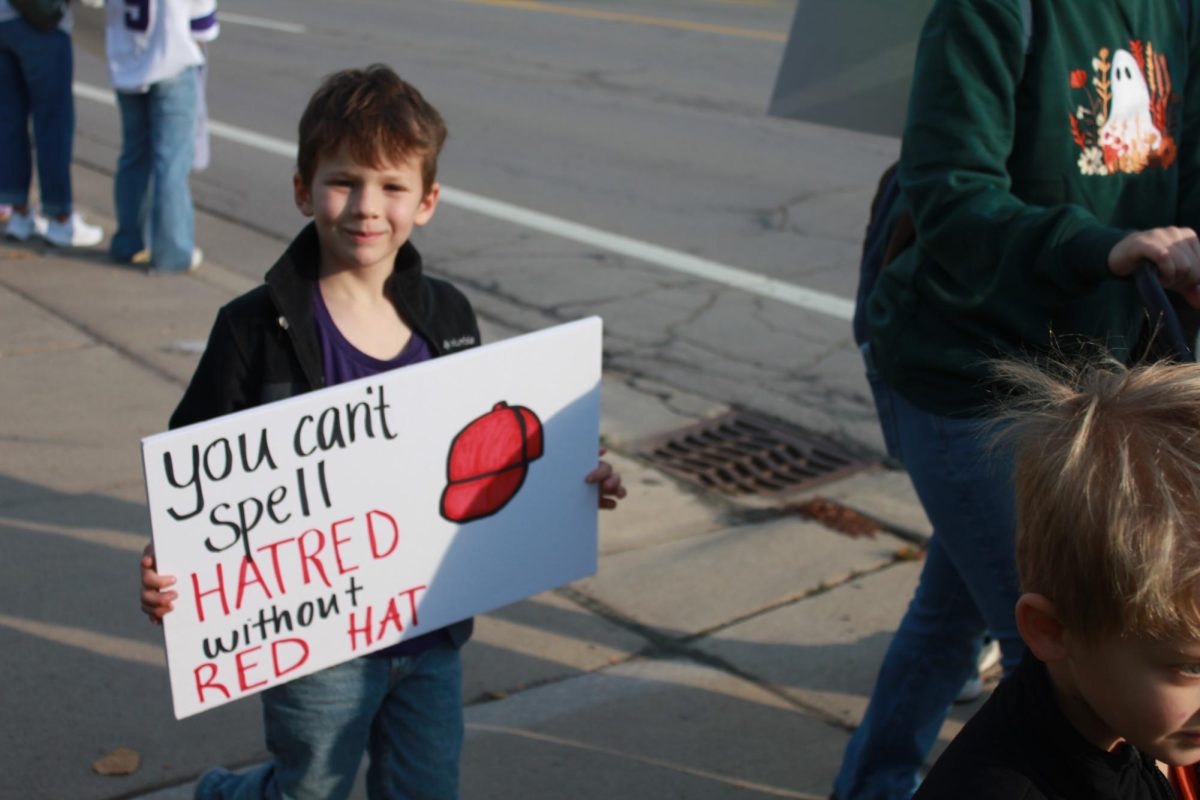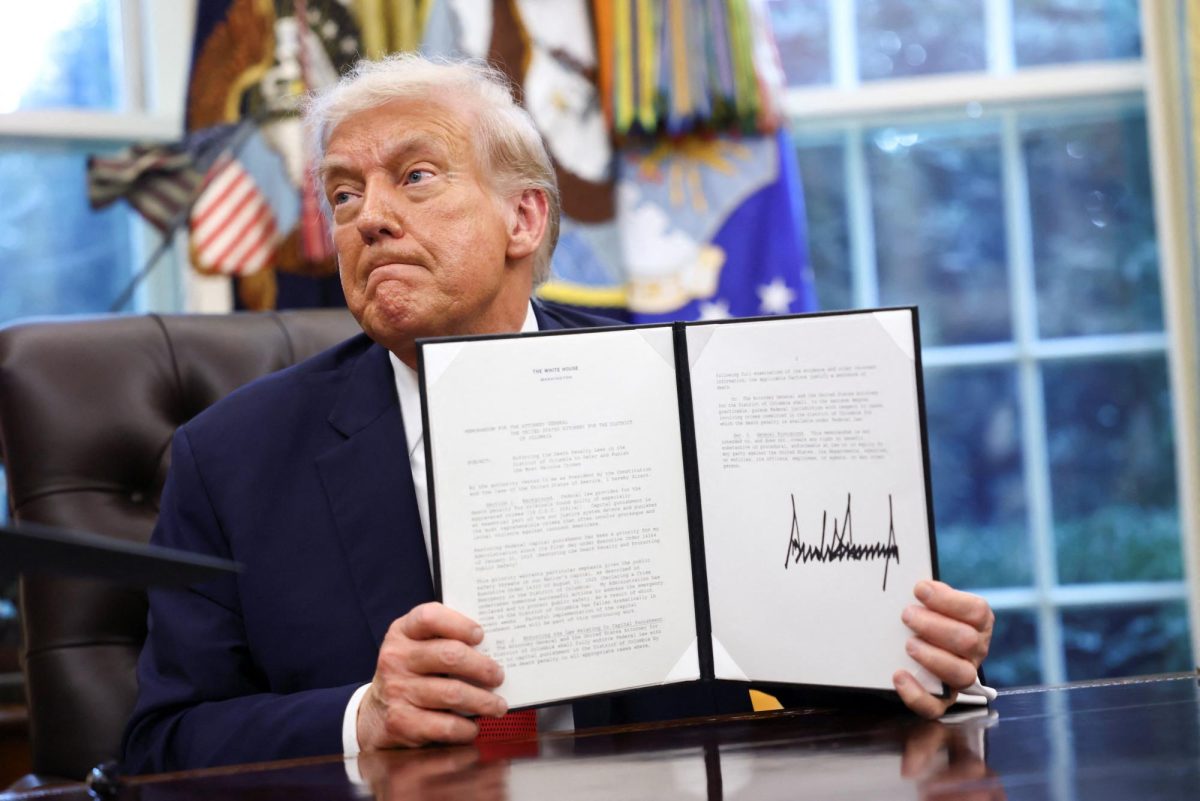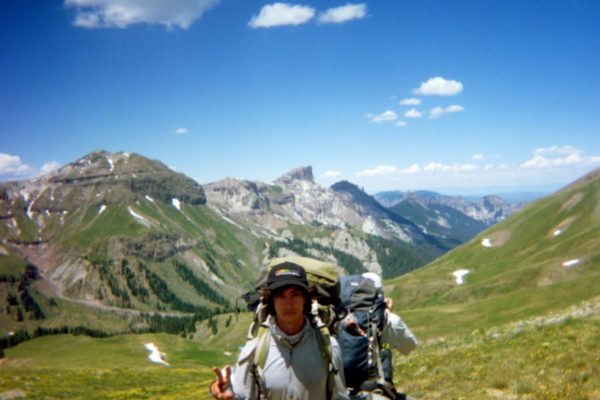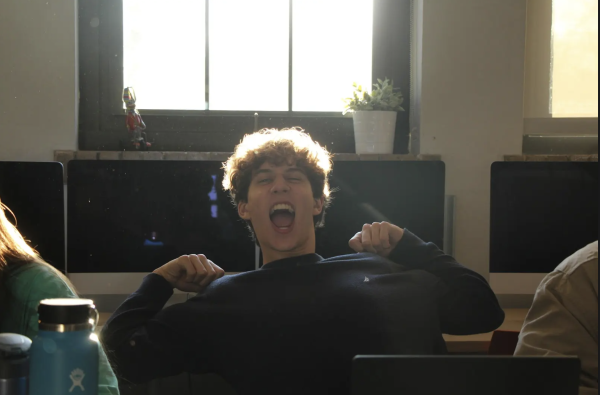Gunfire and explosions rang out across the land of Israel. M, 15, was visiting her family when terrorists arrived at her house. Sheltered near the border, M and her family were confined within a small safe room for 34 hours.
“I went to sleep at my grandma’s for the night and there was me, my mom, my uncle and my cousin,” M said. The house is in an area called Kfar Aza– located dangerously close to the tumultuous Gaza Strip. “At 6:30 am we were woken up by rockets and the sounds of bombing. They’re kind of used to it because they hear it all the time, but we went into the safe room.”
It was the start of a large-scale invasion by Hamas, the terrorist organization in control of Palestine, on Oct. 7. House raids were frequent, which meant that M’s family had always been kept on their toes.
“Whenever my cousin and I would hear noises coming towards us, we would go on under the bed,” M said. “There were soldiers in our house at some point because they were treating the wounded. We kind of helped them because they didn’t have an idea of what the place looked like, so we showed them a map, however, they couldn’t rescue us yet because it was too risky.”
Soon enough, things took a turn for the worst: M’s house was getting descended upon. Her family was forced to be huddled in the little safe room, where they found themselves enduring the raid for 34 hours.
“We started hearing screams in Arabic from outside and then glass breaking and shooting everywhere, all the time,” M said. “The entire 34 hours there was non-stop shooting and explosions.”
During those 34 hours, terrorists continually tried to get inside the safe room. Every night the family had to take shifts of one-hour increments watching the door. During those short shifts, there would occasionally be insurgents trying to pry open the door but none succeeded.
After a few close encounters with terrorists outside the room, the family was rescued.
“The smell of smoke and gunpowder was everywhere and they snuck us out one by one,” M said. “They led us by foot to another house with a bunch of soldiers and told us that two terrorists were hiding in the house and they had to blow the place up.”
Since the terrorist encounter, M and her family have been brought to a hotel that has been shut down and utilized as a safe house for the rescued.
Even after brushing shoulders with death, M believes that others with no empathy for the opposing side are cruel and heartless. She voices how Hamas has no reason to start this war, yet the people of Palestine are not to blame.
“They’re people just like us,” M said. “I feel it’s just years and years of misinformation through both social media and the news, you know? You can’t trust anyone these days, you have to know who you’re educating yourself from.”
She has always believed that there are two sides to every story, with no exception. M even found herself shocked when she heard the opinions of people who would advocate for Hamas. They were almost convincing.
“I would run into people who would support Hamas and they’re to the extreme side of Gaza, they hate Israel and they are very anti-Zionist but they’re so persuasive,” M said. “I almost got talked into it, you know they make good points, but they just don’t show the two sides of the story. And it goes both ways.”
The conflict in Israel is nothing new, but recently it has reached heights of intensity unseen in the past few decades. R, also 15, offers his perspective on the current state of Israel.
“Right now, things are so much better than they were,” R said. “On the first day, things were horrible. I mean, everybody was scared that more terrorists would come to where we live. Because my house isn’t very modern, we have to have a safe room in the house, which is my room. My brothers slept in my room for over a week because we just didn’t know if there’s gonna be rockets. On the first night, I went to sleep and I put a knife in my room, I just had no idea what was gonna happen.”
In all of this mayhem, R and M are finding a way to consider other perspectives.
“Just realize that we’re all humans eventually,” M said. “I feel people in Gaza have less of a way to say out loud or show it that they’re hurting because Israel has more access to the world and the media all over the world.”




